In part three of our series on covering refugee stories, we look at best practice when it comes to planning and pitching to editors.
Read more from our series on covering refugee stories: Part One, Part Two, Part Four
Before you go into the field to cover stories about refugees, you must determine the type of story you will be reporting on.
The following questions may be of help:
• Are you reporting on a news event that has led to a mass movement of people? An example might be a concerted assault by government forces on an area controlled by rebels that has led to thousands fleeing across the border to a neighbouring country.
• Are you covering a trend within the refugee community? An example might be refugee households increasingly sending children to work in factories or farms due to inadequate aid and poor living conditions.
• Are you investigating the consequences and effects that an influx of refugees has had on a host community? This could be residents in a European city voting in droves for far-right candidates who will stop migrants and refugees from settling in their country following an influx of such individuals.
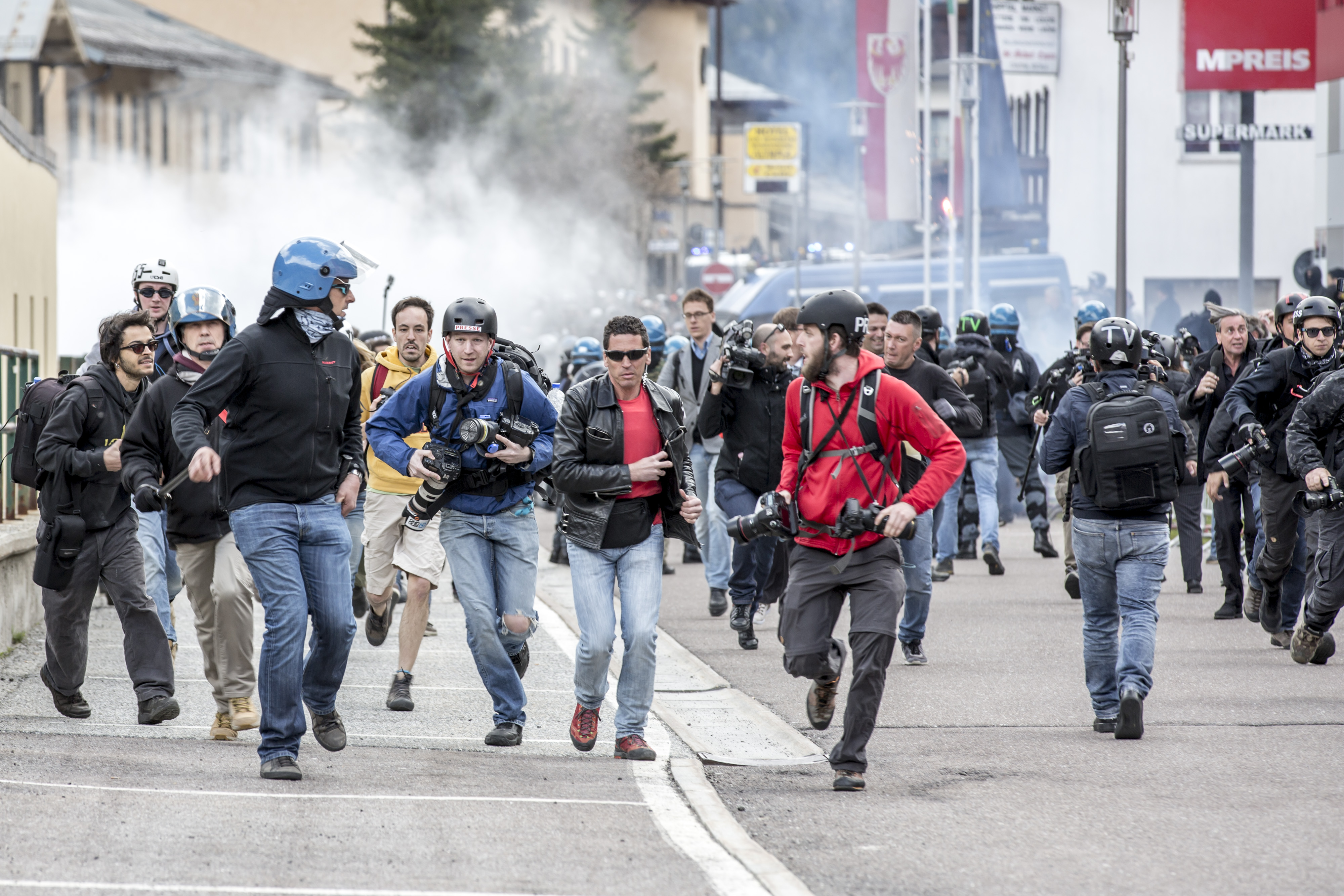
Identifying a story
Salient themes
This will be applicable primarily if you are covering the second or third type of story – stories focused on trends or consequences and effects. Ask yourself: what are the issues you want to cover, beyond the breaking news that thousands of people are fleeing a war zone?
Identify issues you care about that are typically related to refugees, and conduct research to see whether they afflict the communities you are writing about, for example, whether they feature high rates of single mothers leading households or whether conditions in refugee camps are being described as deplorable by human rights monitors.
There are numerous topics you might want to cover.
Here are a few suggestions:
1. Human trafficking of refugees and its intersection with forced labour and the sex trade.
2. Child labour.
3. Schooling policies for refugee children in host countries.
4. Conditions in refugee camps.
5. Discrimination against refugees in host communities due to race, religion, gender etc..
6. How resettled refugees are assimilating in their new homes.
7. Mental health.
Persons of interest
These are likely to be either prominent officials or members of host communities, law enforcement officials, aid organisations working with refugees, and experts on the theme you are covering, such as mental health professionals or counsellors, labour specialists or human rights lawyers.
Organisations that often work in the field, maintaining a presence even in war zones, include the UNHCR, the International Committee of the Red Cross, Doctors Without Borders, Human Rights Watch and Amnesty International.
Manage your expectations
Throw your expectations out of the window. Refugees, like other groups, cannot be pigeonholed. You will find doctors and highly trained professionals as well as the destitute and illiterate. You will meet people who witnessed violence that broke them emotionally, and children who are resilient even in the face of war. Some will want to talk to you, others will despise the media. Beware of trying to fit the people you meet into prescribed narratives such as that of the downtrodden refugee without agency. Let them speak for themselves.
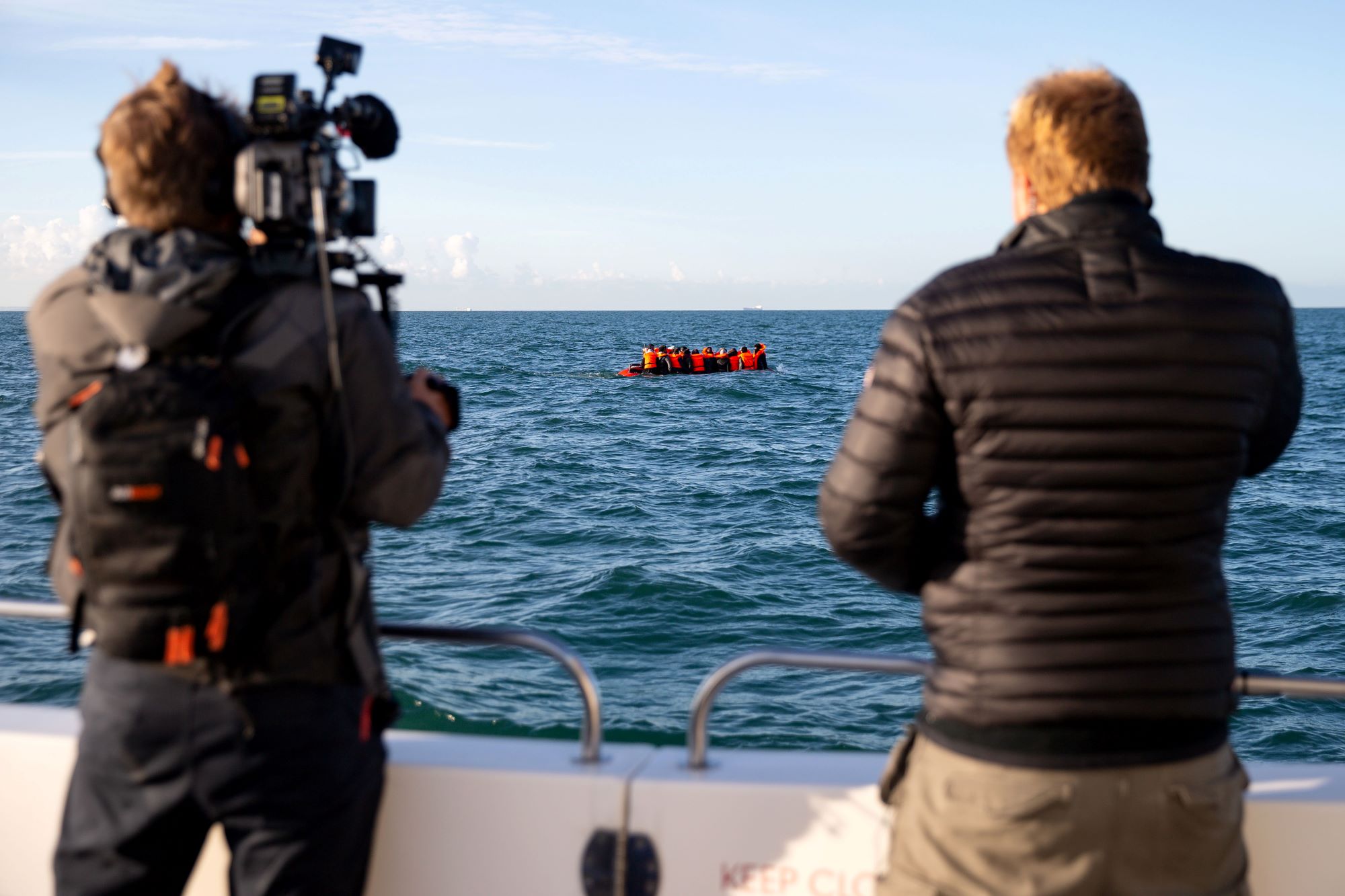
Working out logistics
This is primarily about ensuring that all health and safety concerns relevant to you as a journalist are addressed in advance. These will depend on where your assignment is. Ask yourself the following questions, always erring on the side of safety.
• Do you have the relevant entry permits to the country you are visiting?
• Do you know in advance the route you will take to camps?
• Do you have a permit from the local authority to visit camps and interview residents? To visit the Zaatari refugee camp in Jordan, for example, you need an entry permit from the Ministry of Information.
• Are the routes there and back and the routes within camps safe?
• Are you likely to pass through checkpoints belonging to the government or local militias?
• Do you have the necessary protective gear and first aid kit should fighting occur while you are on the assignment?
• Is there a risk of being kidnapped?
• Are there vaccinations you need to get before visiting the area?
• Have you undergone recent training in operating in hostile environments?
There are no hard-and-fast rules on gathering this information. Your primary resources might be: Fellow journalists who operate in the area where you plan to report; or experienced journalists who will be able to advise you on whether the journey is safe enough to make, and can recommend trustworthy local drivers and fixers they have worked with before.
Working with aid organisations
Aid organisations that provide assistance to refugees and other individuals in the same location. Sometimes, you can arrange with those organisations to visit the locations with them.
You must make your own decision about how closely to work with aid organisations. They can be crucial in terms of identifying relevant individuals to interview.
If you are reporting on a trend of gender-based violence in refugee communities, for example, aid organisations working on the ground can often identify women they have assisted who have suffered from such abuse.
Keep in mind that aid organisations have their own agendas, such as fundraising for specific programmes, and may attempt to steer you in a direction that focuses on the work they are doing rather than on the challenges the refugees face on a daily basis. Your approach will need to be decided case by case.
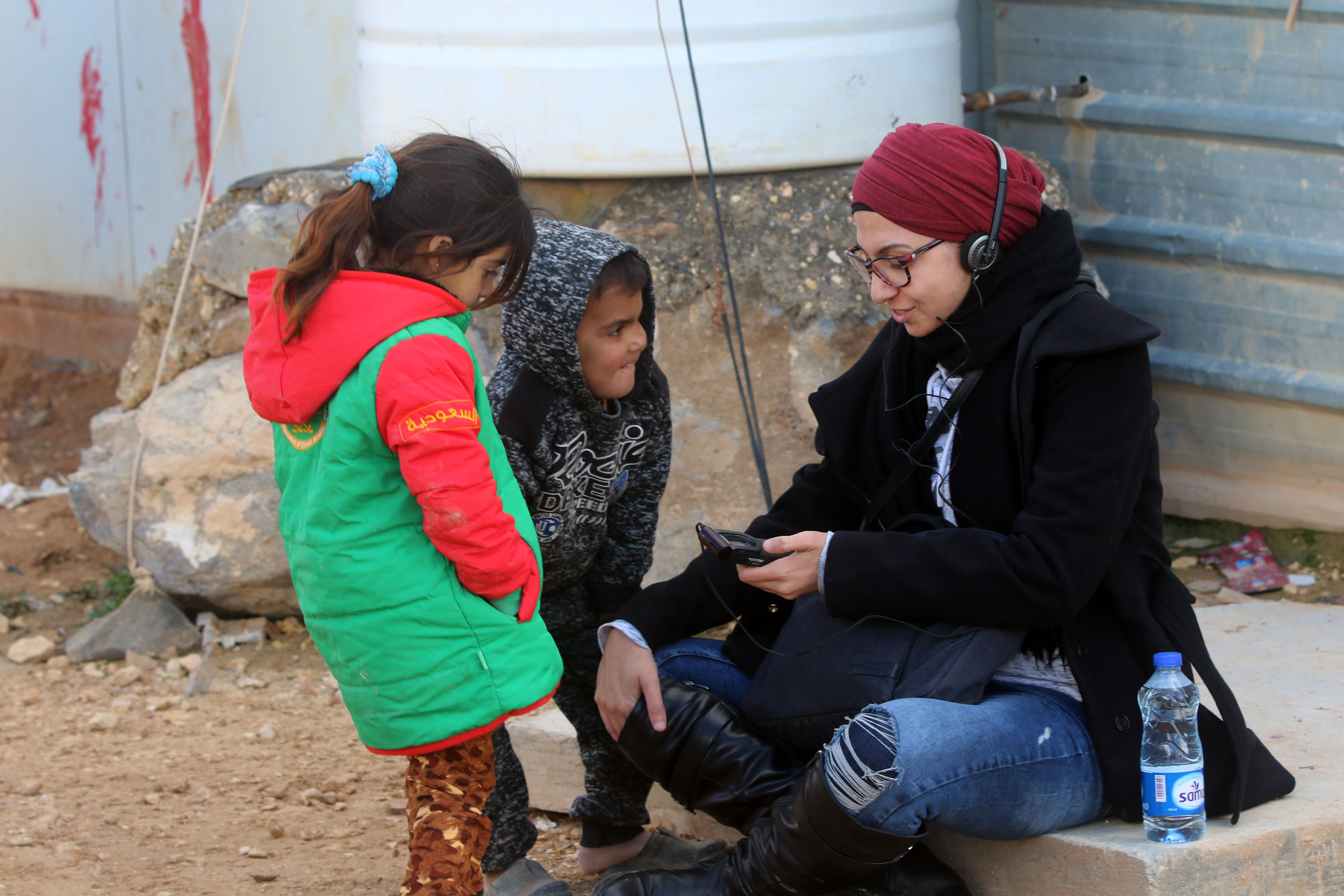
Emotional and mental preparation
Many of the people you interview, particularly in breaking news situations such as the recent flight of Rohingya Muslims from Myanmar, will have escaped emotionally traumatic circumstances such as the destruction of their homes, physical or sexual violence, ethnic cleansing and other abuses or atrocities. Take care of yourself in the lead-up to your reporting trip and in its aftermath. Try to disconnect from your work whenever possible and to maintain a healthy work-life balance. Pursue hobbies unrelated to work in your downtime, and pursue whatever spiritual, mental or physical disciple helps you to de-stress. If you are on the permanent staff of a media organisation, talk to your management to get support. The account by the New York Times correspondent, Jeffrey Gettleman, on interviewing a Rohingya refugee whose child was thrown into a fire is powerful and instructive.
Contrary to the popular assertion that stories of refugee suffering are falling out of favour with editors, mainstream media outlets routinely cover refugee stories. These range from incremental developments in the movement of peoples during escalations in conflicts around the world, to trend and feature stories that mesh well with periodic updates by the UN or humanitarian organisations.
There is also the occasional viral news story such as the coverage surrounding the tragedy of the child, Aylan Kurdi, as well as frequent alarmist coverage in tabloids that cater to anti-immigrant sentiment. Both reporters and humanitarian organisations complain that there is so-called “compassion fatigue” amongst readers, that they are tired of reading depressing news. This might be true to a certain extent, but it is not the reason media outlets reject refugee stories. Most mainstream media outlets see a public service responsibility in continuing to cover the refugee story.
So why are some refugee stories rejected, then? Too often, refugee stories are rejected because they are poorly pitched. This might not necessarily be the journalist’s fault. Usually, refugee stories get rejected for at least one of the following reasons: Poor timing; insufficient creativity or uniqueness to the material; or because the story is too incremental and does not further the discussion around the crisis in a substantial way
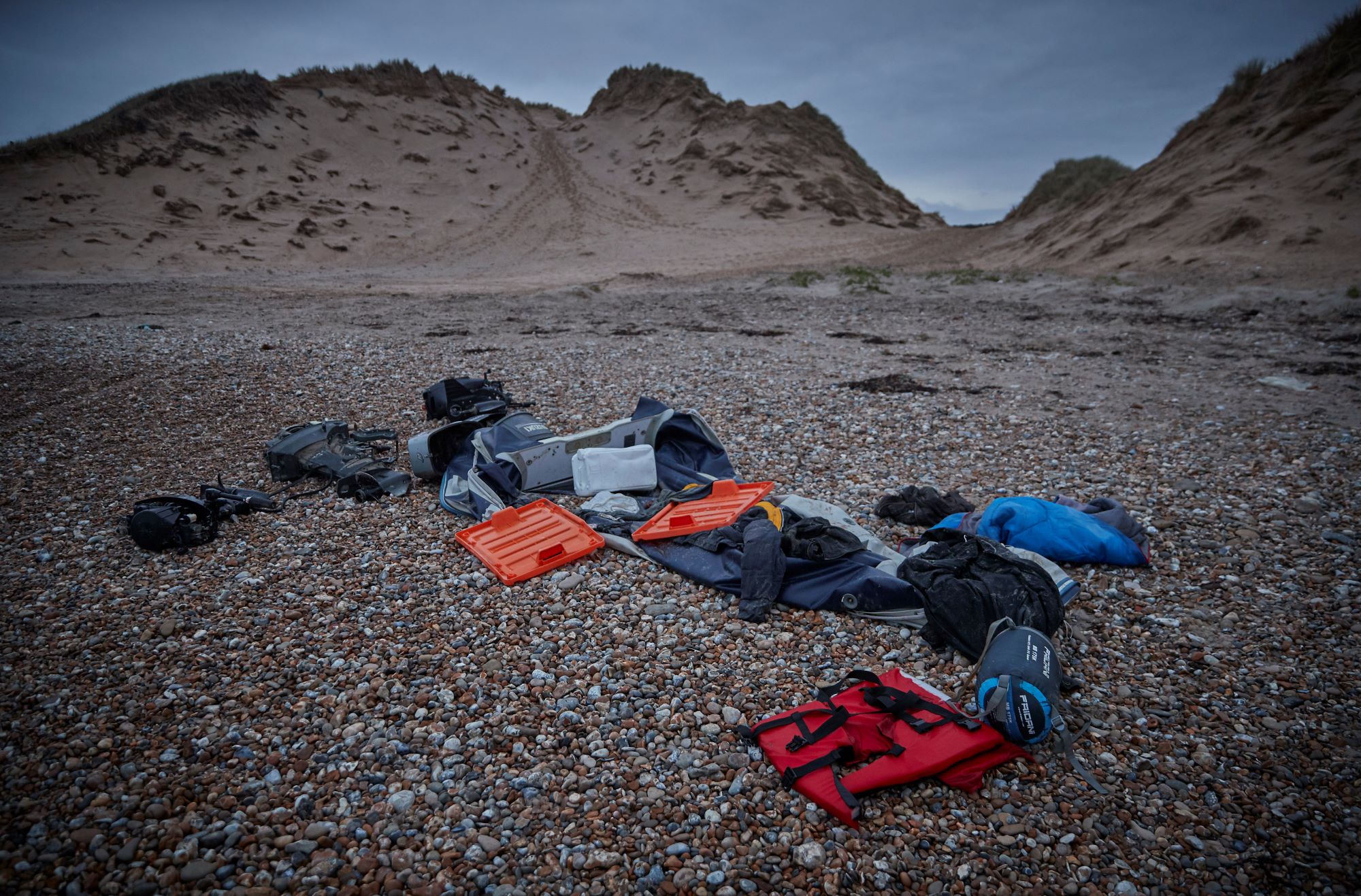
How to pitch your story
An exclusive, well-documented investigation into an under-reported trend or uncovered atrocity will never be rejected by a professional editor. The following advice will help you increase the chances of your story being picked. Some of these, such as selecting the right publication, apply to freelancers rather than staff reporters.
Do your research
This is as much about the story as about the publication. Ensure you have done enough research and work on the ground to know there is a story to be reported. Editors are much more likely to greenlight a project and spend resources on it if it has a high likelihood of panning out, rather than being based on the hunch of a reporter. Make sure you’re pitching to the right publication – a report on discrimination against Palestinian refugees in Lebanon is likely to garner more interest in a publication focused on Middle Eastern affairs than a business news outlet.
Choose your timing
Editors prefer to publish features and analysis with a news peg, meaning they are related to a significant news development, or perhaps an up-coming anniversary or special occasion. Try to time your pitch for when your editors will be most likely to accept it. Otherwise you will be competing for attention in the midst of major news developments from around the world and your story might get rejected, receive less play on the website or the print copy of the newspaper, or languish in the story queue until the next major development.
Be concise and clear
Editors are busy people, so you need to perfect your speedy pitch. Explain your idea in a short email or telephone call. Be sure to include answers to the following questions:
• What is your story about?
• How it will move coverage of the refugee crisis forward?
• How will you report the story? If you hear nothing back, follow up. If you get rejected, take the story somewhere else and don’t take it personally.
Be creative with format
In an online world in which you are competing for clicks, you need to diversify your stories. In-depth investigations are not the only way to report on the refugee crisis and the ensuing human rights abuses. Multimedia explainers are a popular form of condensing complex stories for readers, and virtual reality can provide a particularly immersive experience.
Look for new angles
Certain themes in the refugee crisis have been covered ably and often. Most likely, editors won’t approve such stories unless they are covered from a unique angle or if they significantly advance the conversation. As a reporter for Lebanon’s The Daily Star, for example, I spent the night with a family of refugees in their tent on the eve of a winter storm, to give a sense of how they endured life in the Bekaa Valley winter.
Most other journalists wrote brief pieces about the gathering storm and the absence of sufficient shelter and clothing, which often fail to portray the real challenges facing such families, particularly those with small children. Another emotive and compelling angle can be found through first-person narratives that offer readers unique and unfiltered perspectives from the field. An alternative to finding new angles to well-known themes is finding new or under-investigated topics.
Explore reporting on mental health issues, or the challenges facing the families of children born to refugee parents, who are often stateless and without valid papers to guarantee their rights. Another option is following the journey itself, with all of its harrowing risks. This can often serve to highlight the severity of the conditions where the refugees come from.
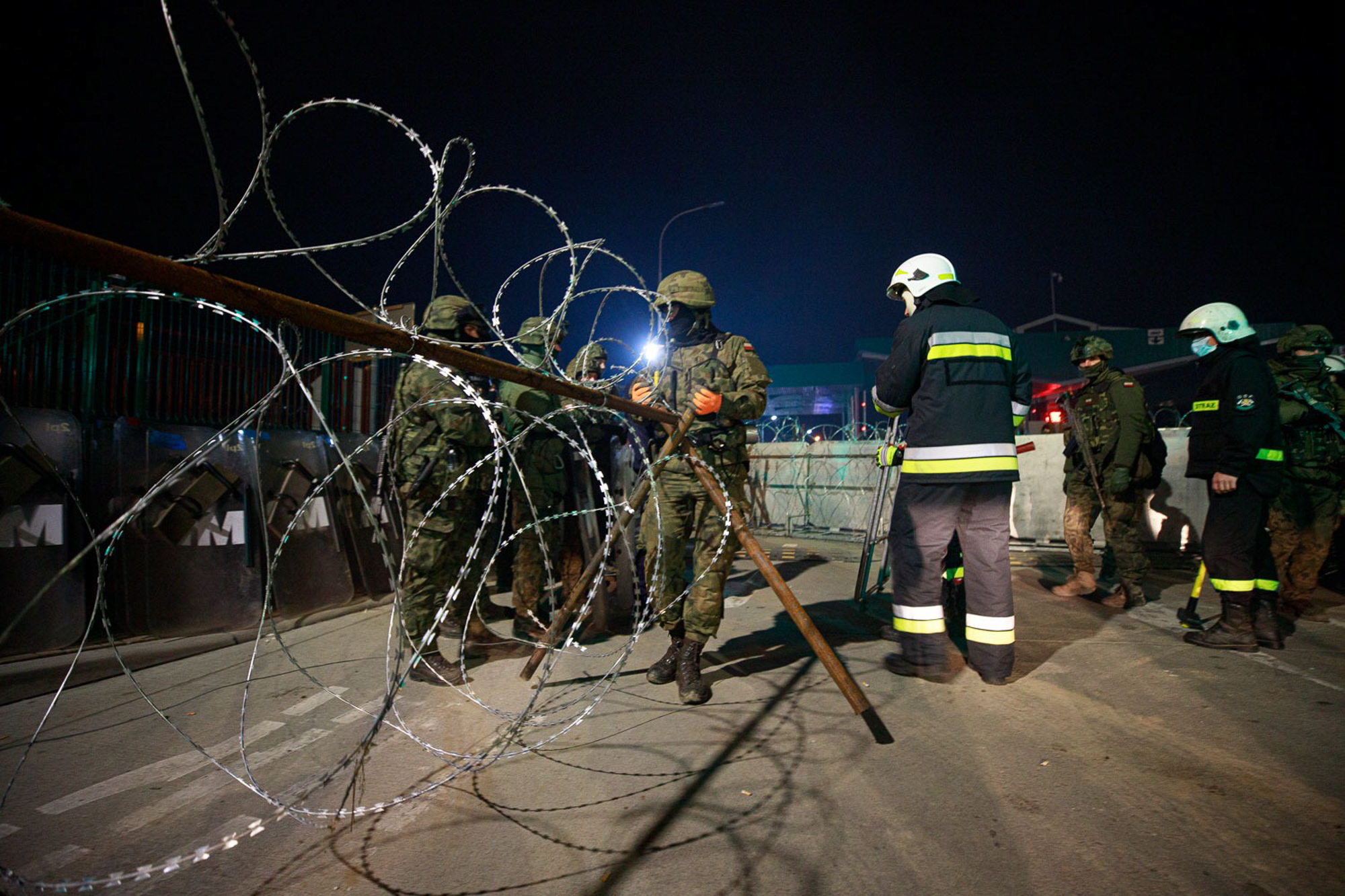
Tell the human story
As discussed below, numbers are important in order to put tragedies occurring on a massive scale into perspective for readers, but focusing on them is an easy way to ensure readers do not remember your story. People identify with other human beings, not with abstract figures. Try to avoid the clichés that pervade coverage of the refugee crisis.
Too often, coverage of refugees fleeing to the west emphasises their victimhood as a way of garnering sympathy. People fleeing persecution are victims, but they also have agency. Your role is to bear witness to their struggle, not to pigeonhole them or superimpose your own perspective of their plight. Remember that none of these rules is going to replace dogged pursuit of the truth and the skilful and empathetic weaving of a human story that readers can identify with, understand, and share with their communities, online and offline.
Avoid cliches
The best way to avoid clichés when telling a human story is to let the humans tell their own story. One instructive example of how powerful such reporting can be is Wendy Pearlman’s book ‘We Crossed a Bridge and it Trembled,’ which consists entirely of the stories of Syrian refugees at various critical stages of the uprising in their country. Another powerful example is the Al Jazeera project chronicling the refugee crisis through the eyes of the refugees themselves.
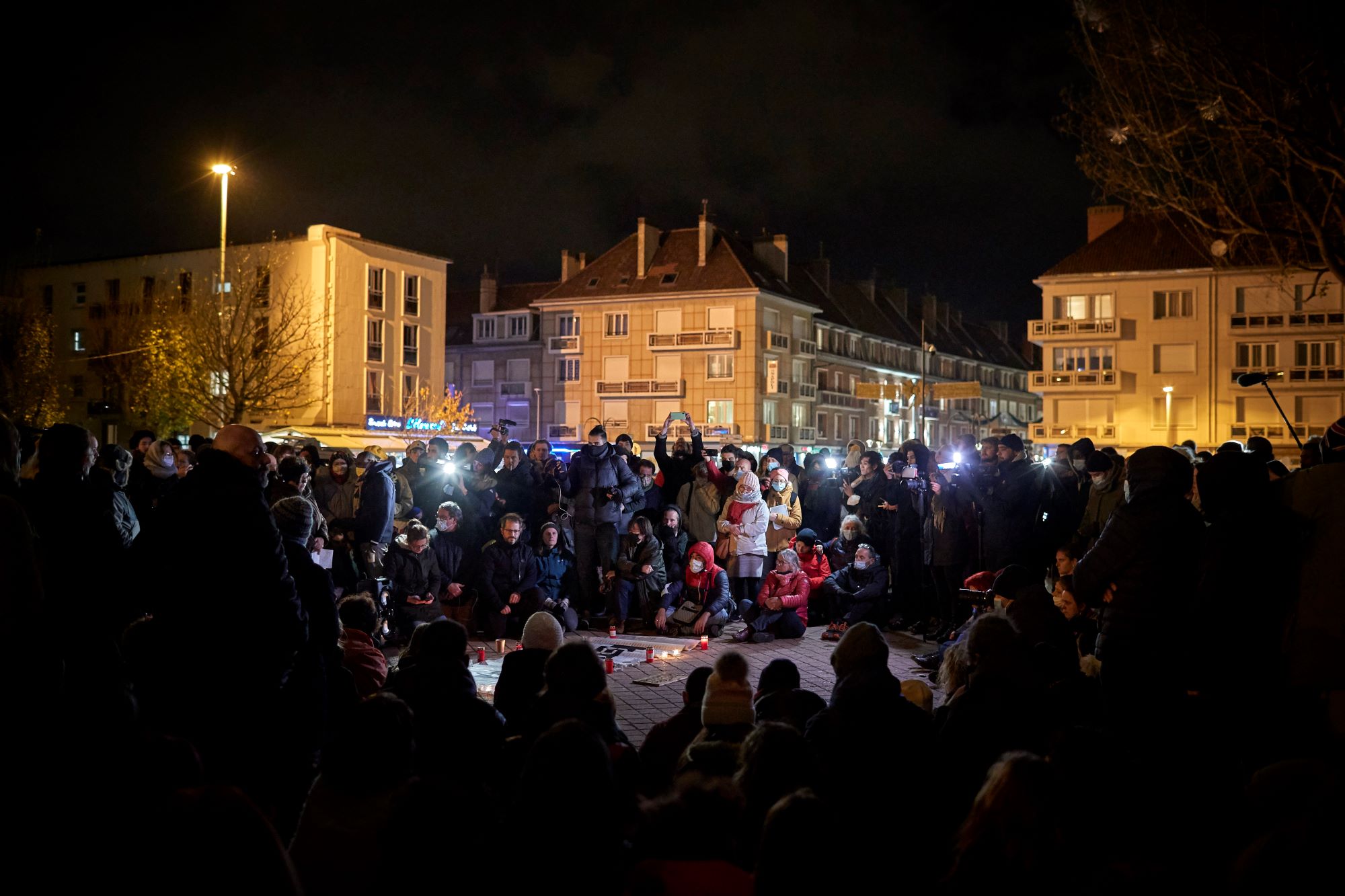
Advice and tips on covering refugee stories from Al Jazeera correspondents
Language barriers
By Mohammed Jamjoom, Senior Correspondent at Al Jazeera English
It is often apparent in the field that correspondents are struggling to communicate with refugees because they don’t speak their language. If the story you select entails interviewing or having conversations with refugees, make sure you have a good interpreter. When covering stories that involve different groups of refugees fleeing across the border of a country, take into account that they may speak many different mother tongues. News crews don’t necessarily have the language capacity. When selecting your story, always consider whether you are likely to encounter language barriers, and how are you going to communicate effectively.
Additional logistical advice
By Mohammed El Bakkali, Correspondent at Al Jazeera
Consider also the following logistical advice to enhance your safety and health:
• Research the religious and cultural characteristics of the refugees you are covering. This will help to minimise miscommunication and encourage a good rapport with refugees.
• When covering a story inside a refugee camp, analyse carefully where you are going to spend your nights, as hotels are typically far away or, if nearby, usually fully booked.
• Always carry medical treatments for common illnesses such as diarrhoea, allergic reactions and headaches.
• Take suitable clothes for the weather, keeping in mind that you will typically not be working in easy terrain.
Little things are crucial to your safety
By Shadi Rahimi, Senior Producer at AJ+
When you arrive in the field to cover refugee stories, it’s the little things that matter: where do you get a SIM card? Have fellow journalists or activists been robbed? Should you bring locks for suitcases? There are no stupid questions. Do as many pre-interviews as you can, particularly with NGOs and journalist friends who know the terrain.
Context can give you new angles
By Shadi Rahimi, Senior Producer at AJ+
You can find new angles by not just reporting on the crisis itself but on its root causes. Context is key. Consider how people are impacted by policies. Follow up on how global and national decisions play out on a small scale, how one person’s life is impacted by the larger policy. Dispel stereotypes with facts. One of the biggest misperceptions, for example, is that refugees are by definition poverty-stricken. We know this to be far from the truth when speaking of Syrian refugees. Debunk myths. Many refugees are just the latest waves of people that have been in the countries they are migrating to for decades. Give historical context.
This article first appeared in the AJMI publication, Covering Refugee Stories








































